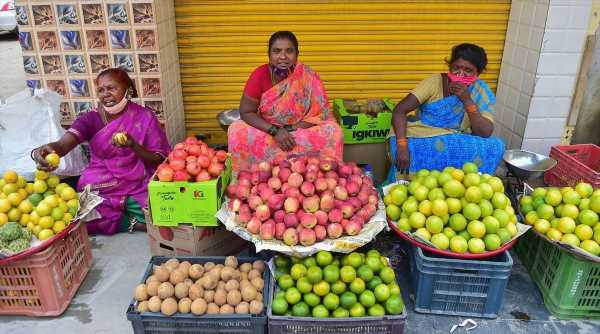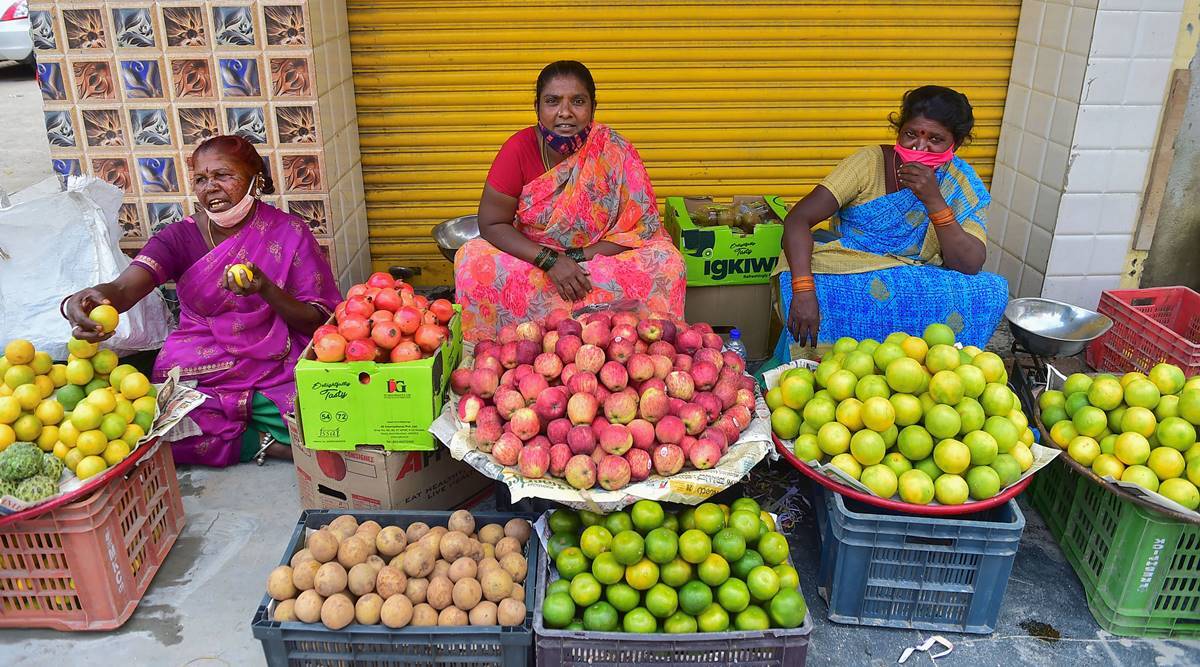Jarnail Singh, Superintendent, The Market Committee, responded, “The working people at Market Committee have nothing to do with the rates the local vendors sell at."
Vegetable and fruit prices have increased from Rs 20 to Rs 40 in the last one month, with the vendors selling the same to customers at even higher prices than those fixed by the Marketing Committee of UT administration burning a hole in the pockets of the public.
As of September 1, peas were being sold at Rs 120 per kg. Today the price has gone up to to Rs 150 per kg in the Grain Market at Sector 26. Tomatoes, too, have gone up from Rs 35 to Rs 50 per kg, from last month. The vendors, however, attributed the high prices to the increasing prices of fuel these days.
Nashik pomegranates (from Maharashtra) have gone up from Rs 100 to Rs 120 since last month. Oranges, which were set at Rs 60 from Rs 40 per kg by the Committee are being sold by the vendors at Rs 80 to Rs 90 per kg. Seasonal fruits like mosambis (sweet lime) are the only relief, as they are set at Rs 60 per kg and are being sold at the same rate. Other vegetables, which witnessed an increase in prices are ladyfinger, cucumber, pumpkin.
Mahesh Agarwal, a local resident, said, “The prices are increasing with each passing day. It’s better to eat your own finger rather than ladyfingers as the prices are touching Rs 50 per kg unlike what was fixed (18 per kg) by the Market Committee.” Another consumer, Sunita Singh, said.
“Authorities should control the rising prices of vegetables. Apparently, the administration has no control on the street vendors selling vegetables in the open markets, streets and at the doorsteps of people.”
Jarnail Singh, Superintendent, The Market Committee, responded, “The working people at Market Committee have nothing to do with the rates the local vendors sell at. The committee rates are decided at the open auction. If any local vendor is charging higher than the market committee rates, the public can and should take action. They can inform the Municipal Corporation the and enforcement officers working there.”
Source: Read Full Article



